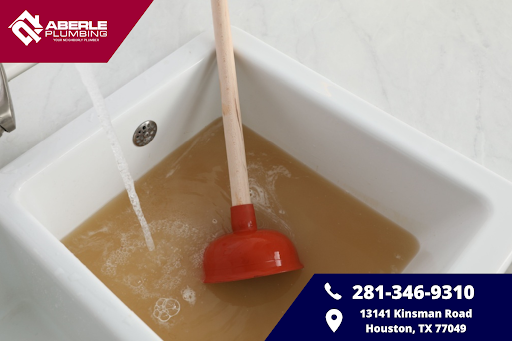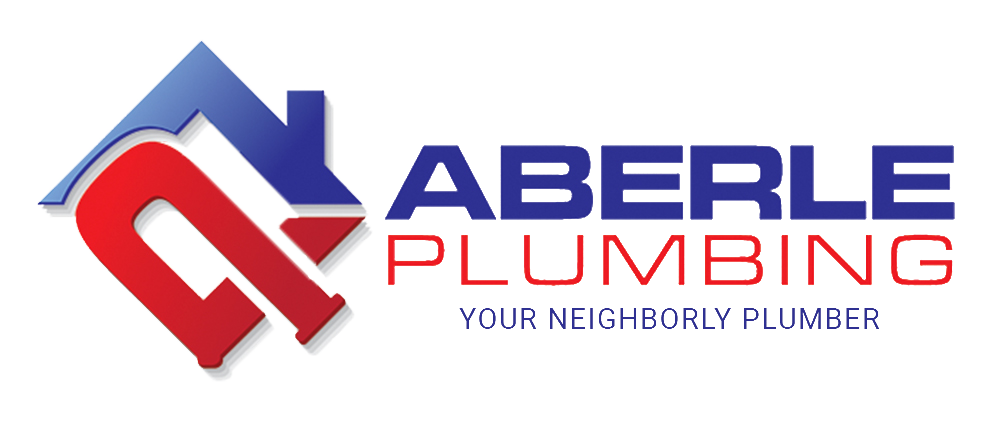
What Happens When a Sewer Line Collapses?
Owning a home comes with its fair share of unexpected issues. Some are small inconveniences, while others can turn into serious problems that require immediate attention. A collapsed sewer line falls into the latter category. It’s not something homeowners typically think about, but when it happens, it can cause significant disruption to daily life.
Your sewer system plays a crucial role in keeping wastewater moving away from your home. When the main sewer line collapses, that process is interrupted, leading to slow drains, sewage backups, and potential damage to your yard and foundation. Understanding the signs of a collapsed sewer line and knowing what steps to take can help minimize the impact and get your plumbing back to normal as quickly as possible.
Signs of a Collapsed Sewer Line
A collapsed sewer line rarely happens without warning. There are usually a few red flags that indicate something is wrong. Catching these collapsed sewer line symptoms at an early stage can help prevent further damage.
Slow Drains Throughout the House
If only one drain is slow, it may just be a simple clog. However, if multiple drains in your home are draining slowly, it could point to a larger issue in the main sewer line.
Frequent Backups and Clogs
A sewer line collapse often leads to frequent backups in the lowest parts of the home, such as the basement or first-floor bathrooms. If you find yourself constantly dealing with main sewer line clogs, it’s a sign that wastewater is struggling to flow properly.
Gurgling Noises and Bubbling Water
Unusual sounds coming from your pipes can also indicate a problem. If your toilet starts bubbling or you hear air rushing through the bathroom faucet, it could mean that air is trapped due to a blockage or a collapsed sewer pipe.
Unpleasant Sewer Odors
A properly functioning sewer system should never produce a noticeable smell. If you start noticing a strong sewer odor inside or around your home, this can be one of the signs of a collapsed sewer line. A strange smell could mean a broken sewer line is allowing gases to escape.
Puddles and Soggy Areas in the Yard
If your lawn is saturated for no apparent reason, it could be due to a collapsed sewer line leaking wastewater into the surrounding soil. You might also notice water puddles forming near where your home sewer line runs.
Foundation Cracks and Soil Shifting
A more serious sign of a sewer line collapse is foundation damage. If a pipe beneath your home breaks, the soil surrounding it can shift, leading to broken slabs and cracks in your foundation.
What Happens When a Sewer Line Collapses?
A sewer line collapse means that wastewater can no longer travel through your drainage pipes. Instead, it may back up into your home, seep into your yard, or create pressure imbalances in your plumbing system. The collapse usually happens due to one of the following reasons:
- Aging pipes that have deteriorated over time
- Tree roots growing into and breaking the pipe
- Soil movement caused by heavy rain, flooding, or ground shifting
- Corrosion that weakens the pipe walls, causing them to fail
- Grease and debris buildup that leads to a blockage and eventual breakage
Once a collapsed sewer line occurs, it must be addressed quickly to prevent further damage to your plumbing system and property.
How to Fix a Collapsed Sewer Line
If you suspect your sewer line has collapsed, you’ll need a professional plumber to confirm the problem. Most plumbers will perform a video inspection to see what’s going on inside the pipes.
Repair vs. Replacement
Once a pipe collapse is confirmed, the next step is deciding between repair or sewer line replacement in Houston, TX. If the damage is minor, spot repairs might be possible. However, if the entire pipe is in bad shape, a new sewer line may be necessary.
Preventing a Sewer Line Collapse
It’s important to understand what happens when a sewer line collapses, but equally vital is knowing how to prevent it in the future. While some causes of a collapsed sewer line are unavoidable, there are steps homeowners can take to reduce the risk of a sewer line collapse:
- Be mindful of what goes down your drains. Avoid flushing anything other than toilet paper, and never pour grease down the sink.
- Schedule routine inspections. Regular video inspections can catch minor issues before they become serious problems.
- Watch for early warning signs. Slow drains, sewage backups, and unusual odors should not be ignored.
- Keep trees away from your sewer line. If you have trees near your home sewer line, their roots could be putting pressure on your pipes.
Call Aberle Plumbing for Sewer Line Services in Houston, TX!
So, what happens when a sewer line collapses? Wastewater can no longer flow properly, leading to slow drains, frequent backups, sewer odors, and even foundation damage. Common causes of a collapsed pipe include aging pipes, tree roots, soil movement, and corrosion.
If you’ve noticed any of these signs of a collapsed sewer line, don’t wait until the problem gets worse. At Aberle Plumbing, we specialize in sewer line repair and can quickly diagnose and fix any issue.
Need an emergency plumber in Houston, TX? We’re here to help! Whether it’s a minor clog or a sewer line collapse, our experienced team is ready to get your plumbing system back on track.
